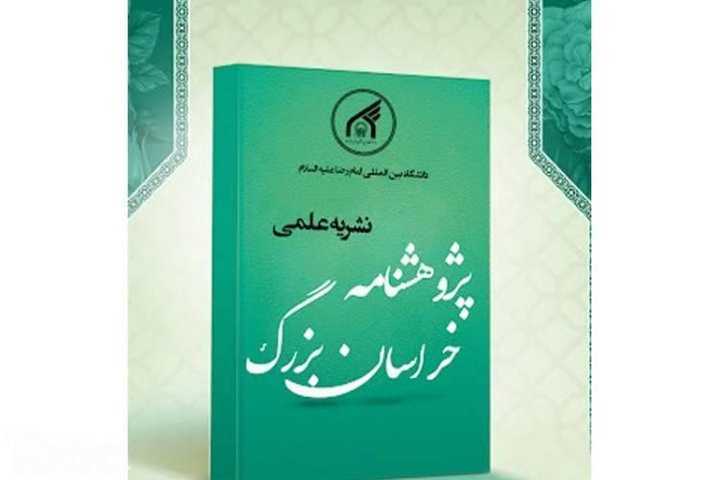According to Dr. Qasem Sadeghi Bajestani, Vice President of Research and Technology at IRIU, the latest evaluation of the Islamic World Science Citation Center (ISC_JCR) has elevated the ranking of the ‘Journal of Great Khorasan’.
The journal now holds a Q1 ranking in the field of arts and humanities, signifying its inclusion among the top 25% of high-quality ISC journals.
In the latest ISC evaluation this year, out of a total of 3,977 journals, only 1,911 were successful in getting a ranking. Among these, 682 journals were classified in the first quartile (Q1), 851 in the second quartile (Q2), 910 in the third quartile (Q3), and 1,294 in the fourth quartile (Q4).
The ‘Journal of Great Khorasan’ was assessed and categorized with an impact factor of 0.292 in the specialized field of "arts and humanities" in Q1, and in the field of "social sciences" in Q2.
According to Dr. Sadeghi Bajestani, “Journals are classified based on the Q index, with Q1 being the most prestigious”.
He emphasized that the ‘Journal of Great Khorasan’ recently received a scientific grade (B) from the Ministry of Science, Research, and Technology.
The journal is indexed in various national and international reference databases, such as DOAJ, MIAR, ISC, Magiran, Noormags, SID, Google Scholar, Academia, and ResearchGate.
With a 14-year history of continuous publication, the ‘Journal of Great Khorasan’ is the only reputable scientific journal in Iran focusing on studies and research in the civilizational area of Great Khorasan.
The journal aims to establish a scientific reference in the field by providing a platform for publishing works and research from scholars and researchers from Afghanistan, Turkmenistan, Uzbekistan, Tajikistan, Kyrgyzstan, Russia, and Western countries.
Dr. Sadeghi Bajestani highlighted: “The journal's vision for 2025 is to obtain the necessary permissions for indexing in the Scopus database, positioning it as one of the few Persian-language journals in the country”.


Your Comment